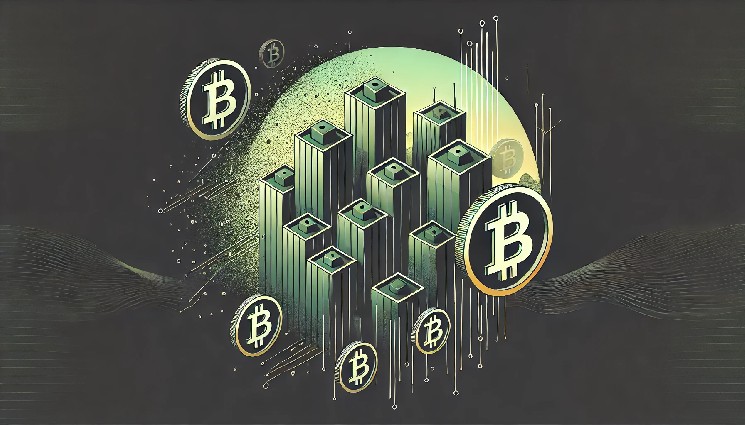
Digital sovereignty replaces banks, granting Latin Americans full control over their immutable crypto assets.
Absolute private key control brings irreversible loss risks, demanding heightened personal responsibility and security.
The initial and most profound impact of digital assets on the Latin American investor is the introduction of digital sovereignty. In a historical environment characterized by economic instability, high inflation, and, in some cases, dramatic devaluation of local currencies, the proposition of a currency without a central entity, immutable, and resistant to censorship acquires a special resonance.
Crypto assets present an alternative for individuals to assume complete control of their patrimony, without requiring banking intermediaries or depending on government policies susceptible to abrupt changes.
This capacity to function as one’s own bank, to safeguard value in a private and secure manner, constitutes a paradigm shift that transfers trust from centralized institutions to blockchain technology. The direct ownership of assets through self-custodied wallets becomes the foundation of this new relationship with money, where the ultimate authority rests with the holder of the private keys and not with a third party.
From Brick to Bit: The Transition from the Tangible to the Digital
The traditional investment mindset in the region remained anchored for a long time in physical assets: real estate, land, and foreign currencies considered stable. Investment was equated with owning something material, which could be visually inspected or stored in a physically secure location.
Digital assets have pushed the focus towards the global and the intangible. The contemporary investor, whether a saver seeking to protect their surplus or an entrepreneur looking for capital to expand, now prioritizes assets that are inherently cross-border.
These assets operate in a market that functions 24 hours a day, 7 days a week, without being subject to national borders or the limited hours of banking entities.
The Practical Adaptation: Workers, Entrepreneurs, and Savers in the Digital Age
Adaptation to this era is not limited to personal investments; it encompasses workers, entrepreneurs, and savers as a whole. For the worker, the crypto economy streamlines international payments and remittances. It allows for receiving fees or salaries in assets that may show greater stability than the local currency, with near-instant settlements and reduced transaction costs. This turns the worker into a more active financial agent, who must make continuous decisions regarding the management, conversion, and custody of these digital assets.
For the entrepreneur, the digital ecosystem stands as an instrument to overcome financing and operational obstacles. The capacity to tokenize assets, access capital through decentralized financing protocols, or simply execute commercial transactions with international suppliers and clients without the frictions of the traditional banking system, opens new avenues for expansion.
The saver, in turn, is leaving behind the practice of accumulating cash at home or passively depending on savings accounts with minimal yields. Decentralized finance protocols and yield-generation products available on digital asset platforms offer alternatives for obtaining passive income or accessing loans without the extensive requirements of conventional banking.
However, this active participation demands a greater degree of financial education and a deeper understanding of market risks and mechanisms, a process that equips the individual with better tools for managing their resources.
The New Source of Value: From the Physical to the Programmable
The deepest transformation driven by the universe of digital assets is the alteration in the perception of where value is generated and transferred. Historically, value was created through the production of physical goods, the extraction of natural resources, or the provision of tangible services. Today, information, programmability, and the network itself have become increasing sources of value.
The investor no longer solely analyzes the financial statements of a corporation but also examines the open-source architecture of a project, the robustness of its security, and the clarity of its development roadmap. Decentralization is valued as a characteristic that strengthens security and resilience, and the transparency of on-chain transactions as a factor that generates verifiable trust.
The Inherent Challenges of the New Investment Mindset
Absolute digital sovereignty implies total and non-transferable responsibility. When a person acts as their own bank, there is no central entity to appeal to in case of errors in managing private keys, phishing attacks, failures in software protocols, or vulnerabilities in wallets. Unlike the consumer protections, however limited, offered by the traditional financial system, the loss of a digital asset, whether due to user oversight or a security breach, is frequently irreversible.
Consequently, while the new mindset focuses on the potential for capital growth, it must be balanced with the recognition that technical complexity and the lack of institutional safety nets compel a level of prudence and self-management of risks that far exceeds what is required by traditional investments. Success in this developing environment is defined not only by the ability to identify opportunities for gain but also by the discipline and technical knowledge necessary to avoid the total loss of funds.